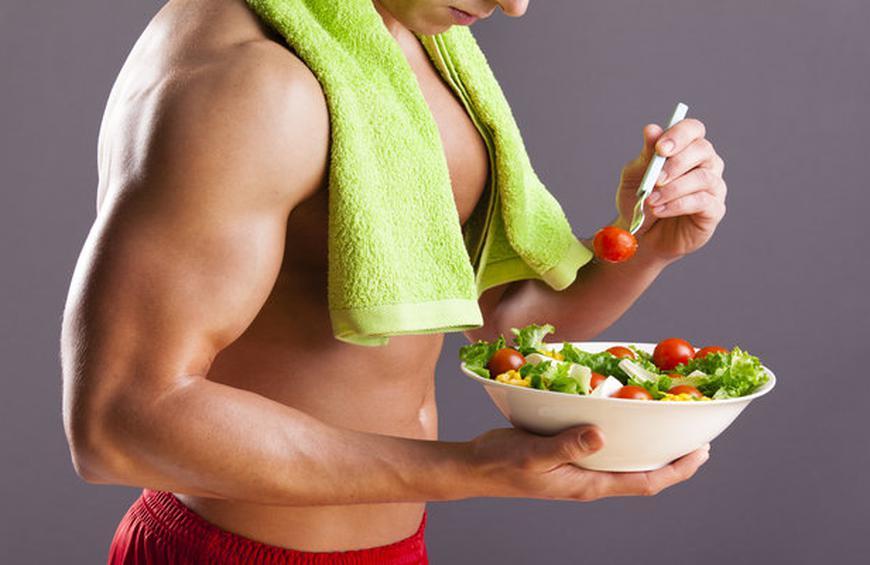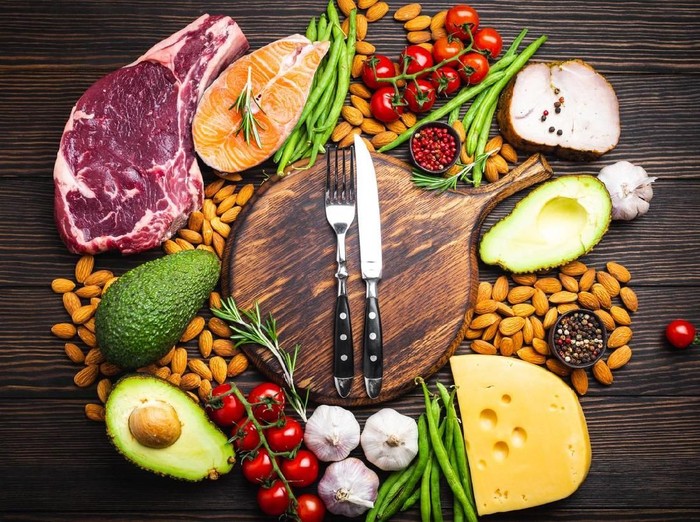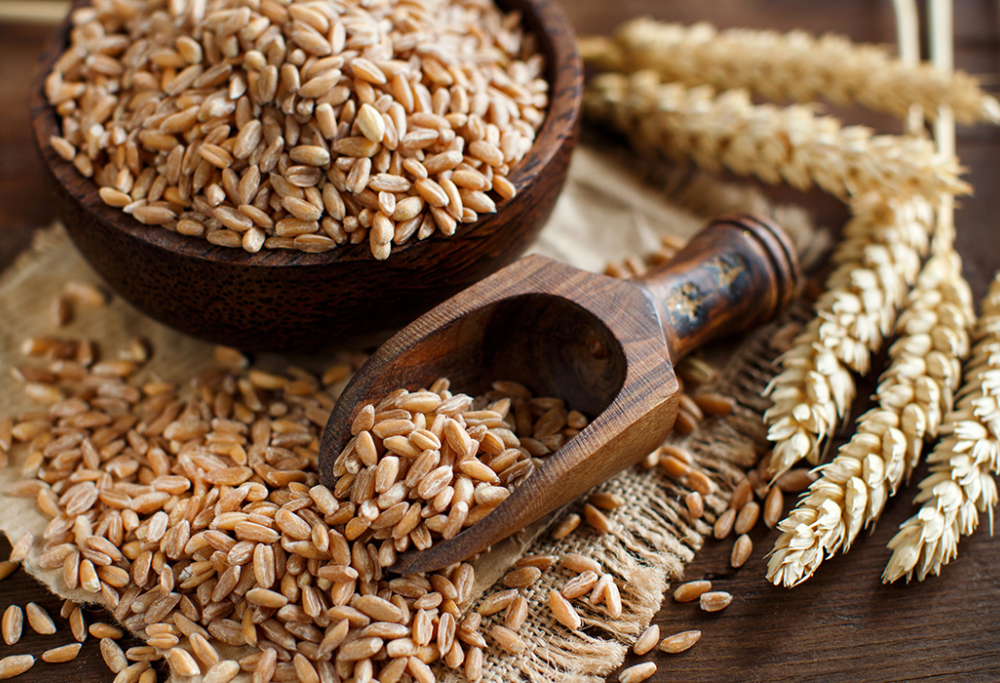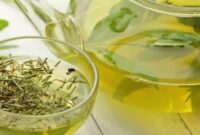
Foods to build muscle need to be consumed together with exercise to make the body more ideal shape. For men who want to build muscle, lifting weights needs to be supported by the consumption of proper nutrition. Both before and after exercise, you still need to eat healthy foods to support the work of various organs of the body, including muscles.
List of foods to build muscle
For those of you who crave six-pack abs or ideal biceps, improve the menu structure by forming foods. Sports activities will be more powerful, muscle tissue repair will be more effective, and it will also maximize physical formation.
1. Fruits and Vegetables

As the basis of all healthy menus, including four healthy five perfect, fruits and vegetables are mandatory in your daily diet.
A variety of muscle-building foods are good sources of fiber, vitamins, minerals, and fluids for the body. Vegetables also contain a small amount of protein beneficial for muscle building.
2. Chicken Thighs
Most people prefer the chest because it has less fat. But chicken thighs can be good muscle-building food. What’s this?
Chicken thighs contain 25% more iron and three times more zinc than breasts. These substances are important to increase endurance.
3. Milk
Choose low-fat milk as one of the supporting foods for muscle-building and good for health. Milk contains high-quality protein, carbohydrates, and important vitamins, including vitamin D, potassium, and calcium.
Are you tired and thirsty after exercising and lifting weights? Try drinking low-fat chocolate milk to quench your thirst while enjoying what it contains. Alternatives to low-fat milk can include yogurt, which contains probiotics and is good for stomach and digestive health.
4. Nuts
Nuts that are processed healthily, for example, during play, are a delicious snack and muscle-building food. It would be healthier, of course, without the addition of salt. Nuts contain vitamins, antioxidants, fiber, and good fats, which will help build muscle naturally.
One type of nut that is good for consumption as a muscle-building food is almonds. Almonds contain protein, vitamin E, magnesium, and phosphorus. Phosphorus can help the body use carbohydrates and fats as energy when you rest or exercise.
5. Fat-Free Meat
The meat contains high-quality protein, B vitamins, minerals, and creatine. Meat also contains iron, which carries oxygen to the muscles and amino acids, and leucine, which can trigger maximum muscle growth.
6. Eggs
The health benefits of eggs are undeniable. Eggs are rich in amino acids and are often made into a delicious and effective muscle-building food at an affordable price.
Amino acids are important for helping various body functions, including building, maintaining, and repairing muscle fibers. According to dietary guidelines by experts and health, the consumption of eggs as a forming food every day is limited to 1 egg per day.
When consuming eggs for muscle building, there is no need to throw away the egg yolks, often avoided for health reasons. The reason is that half of the protein content in eggs is actually in the yolk, including the nutritional content of lutein which is good for eye health.
7. Grains and Wheat

You need a source of quality carbohydrates to form stamina and a perfect body physique. In addition to being a good store of carbohydrates, whole grains and wheat also contain protein levels to increase energy while repairing muscle tissue with fiber, vitamins, and antioxidants.
To build muscle, you need to have a healthy diet. By knowing the various muscle-building foods above, you certainly don’t hesitate to start adding them to your daily diet. Most importantly, please set it to balance.
Recommendations for protein intake to build muscle
To maximize anabolism in the body, a person should at least consume protein with a minimum target of around 0.4g/kg/daily intake with a minimum intake of four meals a day to reach 1.6g/kg/day.
Nutritionists also mention that if the protein is not consumed after exercise, this will cause the muscles to continue to break down (due to stress), and it will be difficult to form new stronger, and harder muscles.
So, when the exercise load gets heavier, adequate-protein intake must also accompany and be combined with carbohydrates.
[fcp-protein-intake-calculator]



